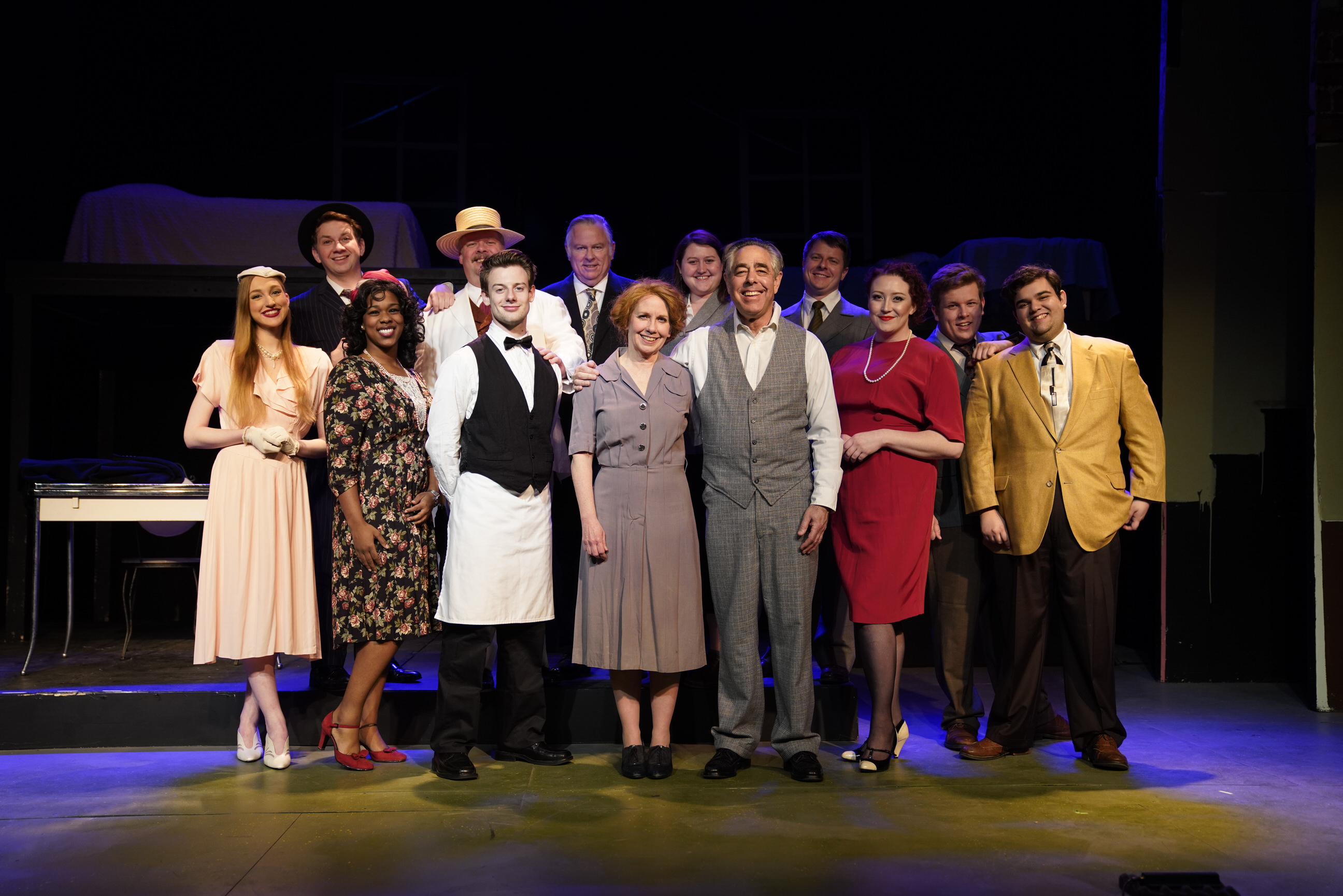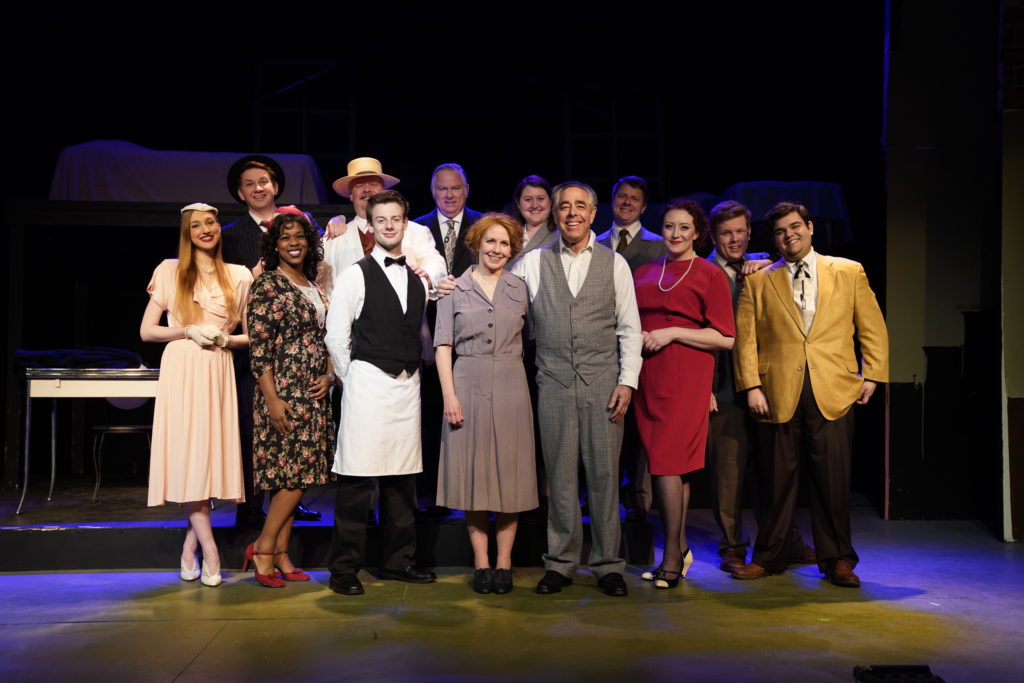By Jim Roberts
Steve Suskin’s excitement about playing Willy Loman in the Little Theatre of Norfolk’s production of “Death Of A Salesman” is palpable—even over the phone.
“It is an honor,” he told Veer Magazine a week before the show opened. “This is one of the greatest roles in the American theater, and I am just thrilled to be playing Willy. … It’s a dream role for any actor. I’m just glad that it befell to me.”
Suskin shares the stage with Judy Yerby Burke, who performed at the Little Theatre of Norfolk in the 1970s and went on to work as a professional actress in New York. Keys Wrenn and Charles Robinson play their sons, Biff and Happy.
“The scenes with Linda are beautiful,” Suskin said. “One of the things about the play that’s so interesting is that even though Willy loses his temper a lot and is flailing at the past and flailing at ghosts that haunt him and all that, he just loves Linda. He really loves his boys. If people don’t get that, then we’re doing something wrong.”
They are directed by Kay Lynn Perry, an adjunct professor at Regent University and the box office and promotions manager at the school’s Performing Arts Center. She earned a master’s degree in theatre directing from the University of Alabama and made her local debut last year, directing Arthur Miller’s “A View From The Bridge” at Little Theater of Virginia Beach.
“I think that play was a hit, so that gave me some cred locally,” she said of the Little Theatre of Norfolk choosing her to direct “Death Of A Salesman.” “I think that probably played into it.”
She noted that the two plays have a few similarities. “They’re both set in Brooklyn,” she said, “and they are both are tragedies about a common man—not the traditional tragedy of a king or prince. Of course, Arthur Miller’s gorgeous language that he uses to write these plays—his prose is gorgeous.”
Part of Willy’s tragedy is that he’s dealing with dementia and depression—subjects, Suskin said, people didn’t fully understand or even talk about openly when the Pulitzer Prize-winning play was written.
“It complicates Willy’s personality to the point where he brings out so much of the suffering and pain of life in a way that very few American dramas have ever been able to evoke,” he said. “From our perspective in 2018, these things really hit home—even more than they probably did in 1949, when a lot of what was done in ‘Death Of A Salesman’ was viewed as very experimental and radical. Today, it looks a little tame in comparison, but that doesn’t make it any less powerful.”
Spoiler alert: Perry is staging the play so the minimalist set will disappear over the course of the two acts—representative of Willy’s degenerating mind. “At least that’s what we’re aiming for,” she said.
She praised her tech and design team for helping to realize her vision. “I’m very pleased with what has come out,” she said. “All I can imagine is not enough. You need everybody’s imagination to really bring it to life.”
She said the play is “heavy” but should offer theater-goers a lesson. “They might leave the theater examining themselves and perhaps finding hope eventually—after they get done crying over the story,” she said. “I do hope that people see it as a cautionary tale. There’s something they can learn from Willy’s tragedy.”
Little Theatre of Norfolk’s production of “Death Of A Salesman” opened on March 9 and will run through April 1—at 8 p.m. on Fridays and Saturdays and at 2:30 p.m. on Sundays. Tickets are $18 for adults; $15 for full-time students, military and seniors; and $9 for youth (17 and under). For more information, visit: www.ltnonline.org.





